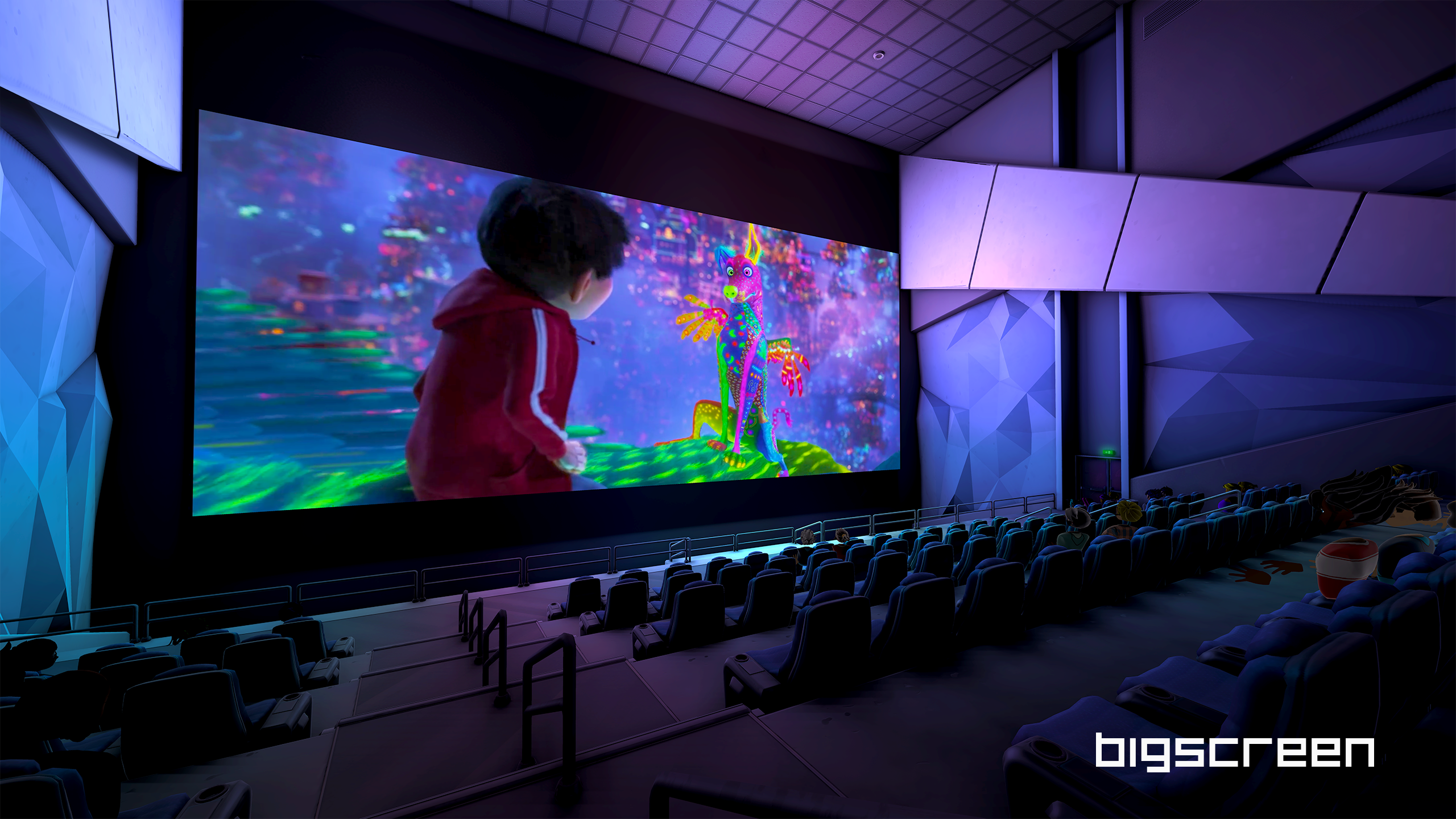Most of the people I spoke with at Facebook’s Oculus Connect see the proliferation of virtual reality as a foregone conclusion, one that’s just a matter of timing at this point. For Facebook, the conference’s “The Time is Now” catchphrase showcased that they feel their hardware is ready for everyone.
But despite the success they feel like they’ve tapped into when it comes to hardware iterations, the company’s bread and butter social networking prowess feels like it’s barely improved in-headset in the past several years of VR experimentations.
“On the social side, looking back, it’s kind of embarrassing all of the stages we’ve gone through at Oculus,” Oculus CTO and veteran programmer John Carmack conceded onstage during his signature rambling annual keynote, noting that his own social APK was followed by Oculus Rooms, Oculus Venues, Facebook Spaces and now the company’s latest shiny pearl Facebook Horizon.
Horizon’s debut this year included a flashy trailer for what quickly seemed to be the company’s biggest gamble and first potential social hit, a massive multi-player online world. In introducing the software, Zuckerberg talked about people-centric software as Facebook’s “bread-and-butter,” noting, “We build a lot of the best social experiences for phones and computers, and we want to do this for virtual reality as well.”
But Facebook does not actually appear to hold that much of an advantage over much smaller game studios in terms of understanding how to make social virtual reality experience take off.
Facebook launches beta of Spaces, its goofy and fun social VR platform
The Horizon software, which allows for users to get together in a social place and play games, iterates on the products that are being sunsetted for its arrival with a sort of in-game level designer that uses visual coding to enable users to create shared worlds. In a private demo, I found that the pre-alpha product was quickly showcased for what it was, another very stylized experiment from a company that’s still plenty of advances away from building an MMO that garners the “massive” part of the acronym.
Asked whether Facebook ever had a desire to build out these pre-alpha products further before announcing to users, and demoing to conference attendees, Oculus exec Megan Fitzgerald told me, “We are launching the beta early next year, so we’re not that far out, but I think the company culture is one of listening to user feedback, building on what people like and integrating that into the process.”
Facebook’s advantages may be in their processes, but it leaves one to wonder whether Facebook will even be the company that cracks the social equation on its own devices.

Facebook Horizon may be replicate Roblox in terms of community-created experiences, but the team at Against Gravity has already built a network inside VR called Rec Room that’s been maturing over the past few years. They’ve been able to create rich environments and toolsets for multi-player interactions and appear to be further ahead than any social product Facebook has built. Rec Room is probably the biggest direct competitor to Horizon, the startup has raised $29 million from investors including Sequoia and Index Ventures.
Against Gravity is building a VR world that won’t stop growing
When it comes to social competitors that have similarly advanced social shared experiences further than Facebook’s dedicated products, the list goes on. VRChat, Wave, NormalVR and Bigscreen have all built platforms for shared interactions that have really excelled — even without the Facebook social graph or any of the other advantages of the networking behemoth.
VRChat captured the attention of VR users with a very fresh, meme-able chatroom design that put headset-wearing people and regular desktop PC users into the same bustling space. The company raised $15 million from HTC and Makers Fund.
Wave (formerly TheWaveVR) has a more unique social niche than the others on this list, but the startup focuses on bringing users together in a virtual Burning Man where real DJs play real concerts inside a virtual space. The company has a calendar of events and has been chugging along with $12.5 million from Upfront, RRE and Kleiner Perkins.
NormalVR is a platform that just launched their own app on Oculus Quest, the company builds a toolset for making virtual reality games synchronous and social. The team just launched Half+Half, which has a setup remarkably similar to Horizon, but feels much more polished and has a more whimsical art style. NormalVR is self-funded by founder Max Weisel, who sold his last company to Google.

Bigscreen isn’t inherently a social VR product, but that’s what users have turned it into. The virtual reality desktop sharing app lets users gather in rooms around a massive desktop of someone’s PC where they can watch Twitch together or stream a movie. Recently, the startup has started partnerships with movie studios to have dedicated movie nights on the platform. Bigscreen has raised $14 million from Andreessen Horowitz and True Ventures.
Many assumed after Facebook’s several-billion-dollar moonshot was announced in 2014, that Facebook was making a platform play for the next social playground, but as relatively tiny teams deliver experiences that improve in many ways on what Facebook has attempted, it seems apparent that Facebook may not just be lying in wait to deliver a hit here, they might be growing desperate to.
“We keep firing these social bullets at these things, trying to get a hit,” Carmack conceded in his keynote.






























Comment